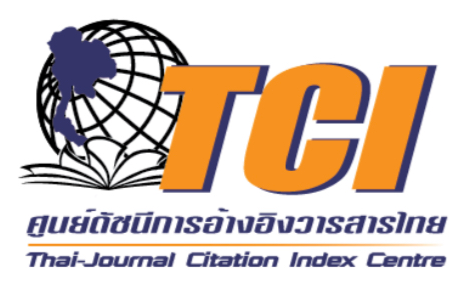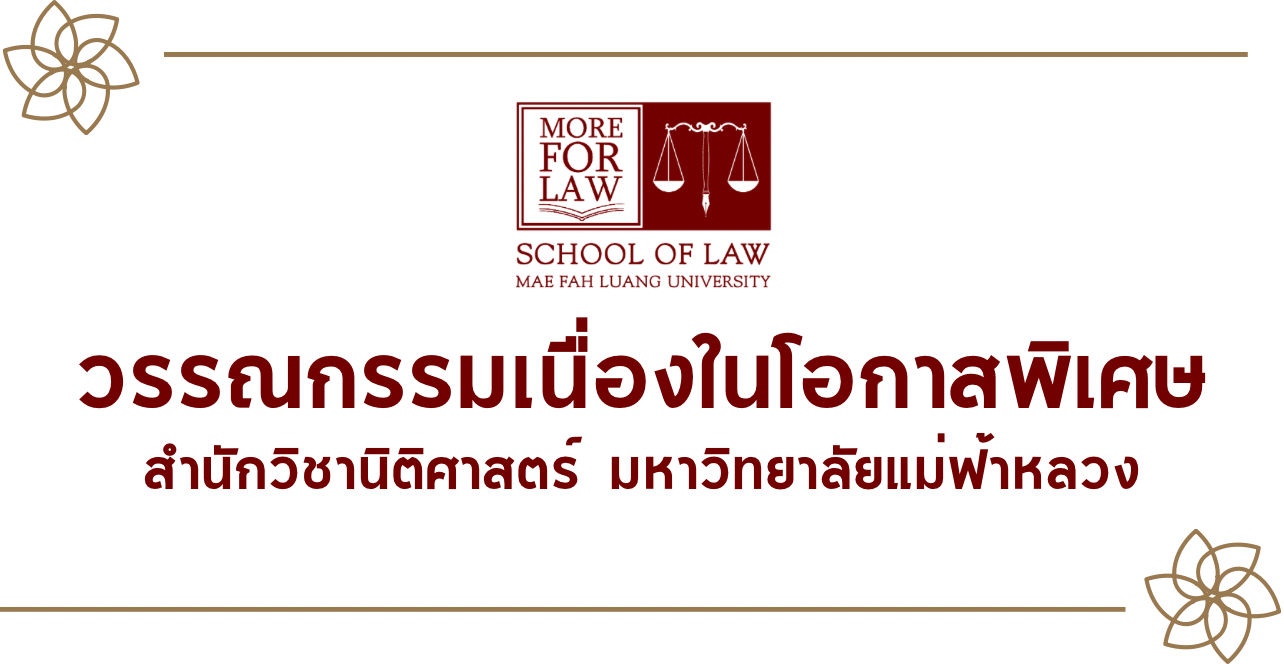Constitutionalism among the Transition of the Constitution of the Kingdom of Thailand (Interim) B.E. 2557
DOI:
https://doi.org/10.14456/mfulj.2019.1Keywords:
Constitutionalism, democracy, the Constitution of the Kingdom of ThailandAbstract
The Constitutionalism is an important legal concept for adopting the Constitutions of liberal democracy states, because the Constitution is a written law applied as a tool of defining a form of governance and mechanism regarded as fundamental structure of State’s administrative organization, confining state power to protect citizens’ rights and liberties, checking the exercise of state power, as well as strengthening stability and efficiency of state.
Therefore, if the Constitution does not comply with the concept of the Constitutionalism, the mechanism of democracy cannot be effectively driven. Considering to the political and social context amid the transition of Thailand after 22 May 2014 coup, it was found that, even the Constitution of the Kingdom of Thailand (interim) B.E. 2014 (hereinafter “the Interim Constitution of 2014”) includes some provisions affirming the rights and the liberties of citizens, those provisions are vague and deficiency in order to ensure that the fundamental rights and liberties of citizens will not be violated, especially the provision concerning the exercise of state power by the head of National Council for Peace and Order (NCPO) by virtue of Article 44 of the Interim Constitution of 2014. Moreover, the exercise of other state agencies do not comply with the concept of supremacy of the constitution according to the social contract theory, separation of powers, checks and balances of the exercise of state power as well.
Therefore, it can be said that the Interim Constitution of 2014 does not enclose the concept of the Constitutionalism and it results in the draft Constitution (referendum version) on 7 August 2016 in part of transitory provision saying that ‘all announcements, orders, acts of the National Council for Peace and Order or of the Head of the National Council for Peace and any order promulgated through Article 44 is deemed legal and effective under Constitution’. In addition, the process of drafting the new Constitution under Article 35 of the Interim Constitution of 2014 also does not comply with the concept of the Constitutionalism. Hence, it restricts people’s participation and causes damage to development of Thailand’s democracy in the future.
Downloads
Downloads
Published
How to Cite
Issue
Section
License
Copyright (c) 2019 Mae Fah Luang University Law Journal

This work is licensed under a Creative Commons Attribution-NonCommercial-NoDerivatives 4.0 International License.






